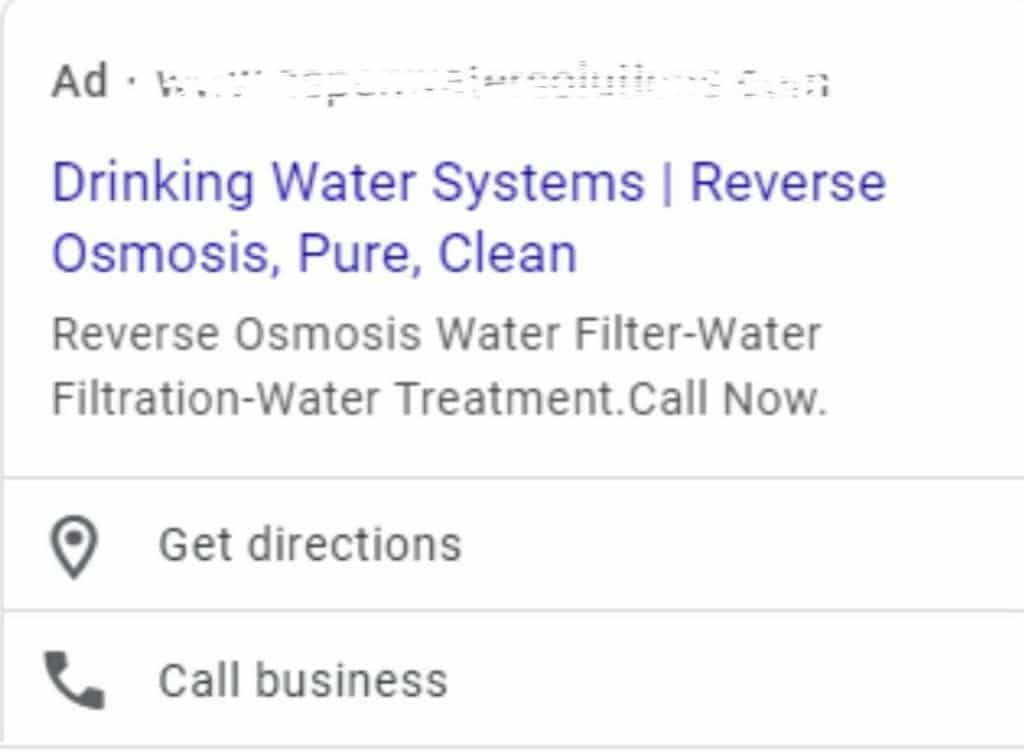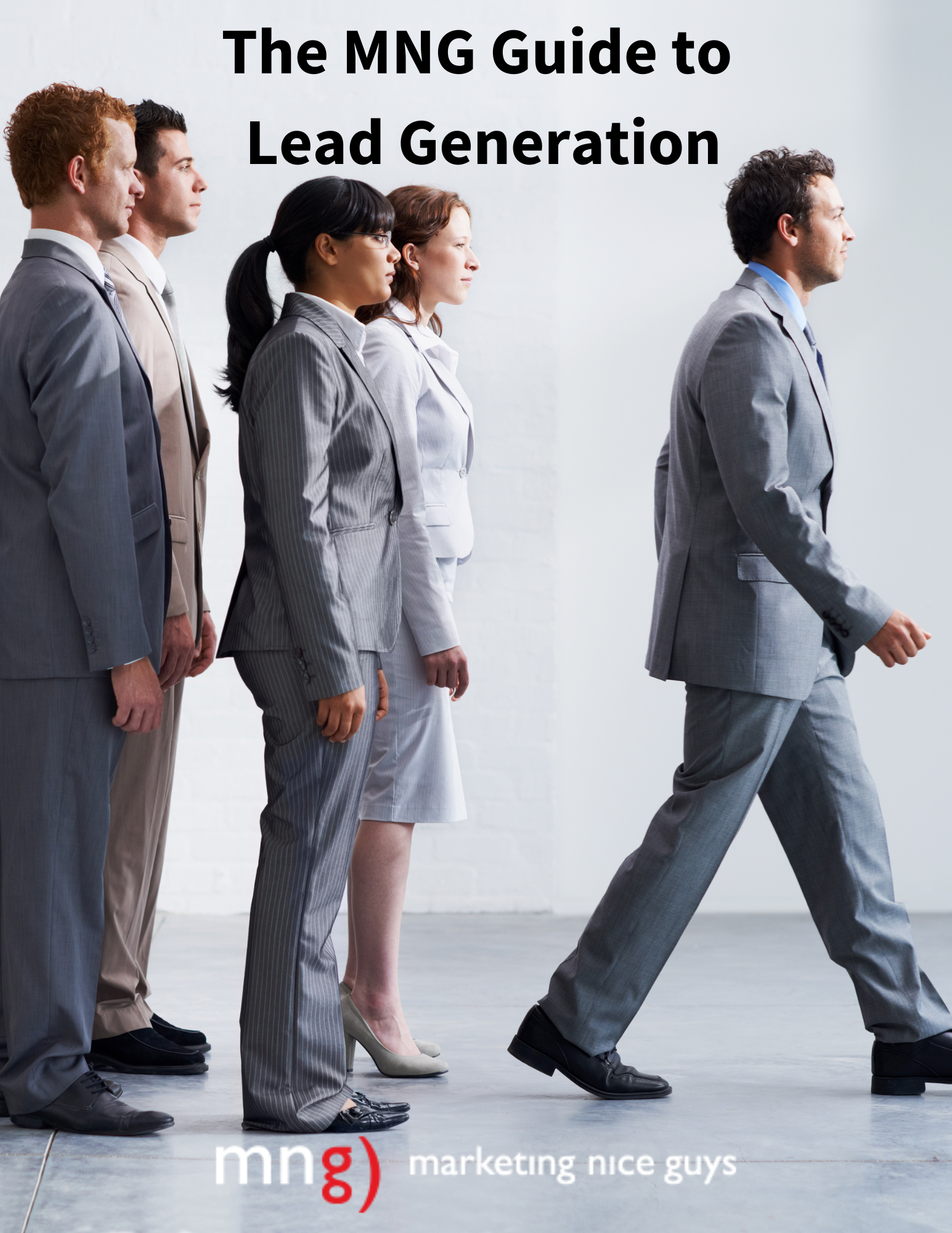In 2018, Google announced a new feature aimed at small businesses in particular called “Smart campaigns” – an out-of-the-box ad solution that relies on AI and machine learning to create Google ads for you. It basically works this way: You answer a few questions about the campaign and, voilà! Google does the rest putting together your ad, including text and images/creatives, as well as targeting audiences.
For small businesses, it’s certainly a timesaver and relieves much of the headache around learning how to setup a search or display campaign. After all, you don’t need any knowledge of how the Google Ads platform works.
The problem: We’ve seen small businesses waste a lot of money on Smart campaigns and not get the return they need. That’s why we would say such “Smart campaigns” aren’t smart at all. Let us explain why.
How Smart Campaigns Work
After you answer the initial questions, Google automatically locates what it thinks are your primary leads based on its AI engine. It then automatically spits out the ad copy and creative that can be displayed across Google’s search engine, Gmail, Google Maps, YouTube, and Google’s partner websites. If your ads are localized and you’ve answered the questions properly, your campaigns will show up for those individuals in that geographical area if they include terms that Google determines are related to your business.
So Far So Good, Right? Well…
As it turns out, there are a myriad of problems with those “Smart” campaigns. For starters, you can’t optimize the campaigns yourself. Everything is done by the Google ad engine. You may, for example, want conversions but Google might simply deliver traffic to your website. And it often is irrelevant traffic. That’s because Google uses only “broad match” for these campaigns – the broadest keyword matching parameter it has – which means your ads will inevitably be showing to those who have no relevance to the audiences you’d ideally want. The campaigns also won’t let you know which search words led to your ad being shown or which websites displayed your ads.
In our own experience, we’ve seen also seen Smart campaigns that use ad copy that would barely pass for English (see below) and ad creatives – “images” pulled from the landing pages – that are cut off or don’t make any sense with the copy. No matter how good the AI is – and it’s not that good yet – you can’t expect a machine to do this part better than a human being can.

Why Data-Driven Digital Marketing Agencies Don’t Use Smart Campaigns
The good agencies we know don’t use Smart campaigns. And mostly it’s because Google has designed this as a way for small businesses to bypass the usual hurdles and specialization required in learning the ins and outs of the platform. In other words, it’s a shortcut. And the problem with shortcuts is that they don’t allow you to get into the details, something that is critical when it comes to ad performance.
Another thing to point out is that Google, in the end, isn’t incentivized to improve your campaign performance or ROI per se – it gets paid with each click. So, while some campaigns might deliver traffic, it can often be audiences that aren’t actually in the market for your products or services. And you pay Google regardless of who they send to your site.
To wit, here are the biggest drawbacks of Smart campaigns:
-
- They’re not designed to improve your ROI
- Smart campaigns are all automated so you have zero control over where your ads will appear or where they’re placed
- You also have no control over the ad copy or the images
- Smart Campaigns limit your ability to create an exclusion list to weed out any unqualified leads or audiences.
- You get limited detailed analytical reports
- Oftentimes, your ads get shown to the wrong people because of the downsides of broad match. That’s because you can’t specify keywords or add them manually. You can only specify keyword themes, which are then optimized by Google. Finally, you’re limited to toggling them on and off.
- You can’t see the specific search terms used to get to your site
- You can’t add negative keywords
- You can’t add ad extensions
Why ‘Expert’ Mode Is Better
For small businesses, we understand the lure of a solution that allows you to do something easily, especially when it involves the setup of an ad campaign on your own. But we’d argue what matters most in this case is that your ads perform. And as much as we might encourage anything that seems easy to do, that’s not the only thing you should consider. Here are some reasons why a manual setup (or “Expert” mode) is better:
-
- You choose the keywords that you want ads to show on and when you don’t want them to show
- You can write effective headlines and descriptions based on those keywords.
- You can best structure the account between campaigns and ad groups to effectively maximize your CTR and conversion rate.
- You can optimize campaigns for conversion by setting up tracking and events that are most valuable to your business.
- You can set up bidding strategies that drive conversions or clicks and control the amount you are willing to spend on clicks
- You can improve your landing pages by using data to optimize them for conversion or the action you want users to take.
Conclusion
Considering the downsides of this Smart campaign tool, our view is that you’re much better off learning how to manage a regular Google Ads campaign, or getting a third-party advertising agency to work with you. A better managed search ad campaign gives you more control over keywords, targeting, and overall optimization. And with a better managed search ad campaign, your business will be able to rank above competitors, reach new in-market customers, and, most of all, convert those visitors into buyers. To achieve that, you don’t need a “Smart” campaign driven by machines, just a smart one driven by human beings.
If you’re not happy with your current ad performance, we offer a paid media audit that will look at the fundamentals of your campaign setup, ad copy and creatives, targeting, keyword matching, and more. We also provide ongoing paid media management services at competitive agency pricing. Contact us for a free consultation today.






